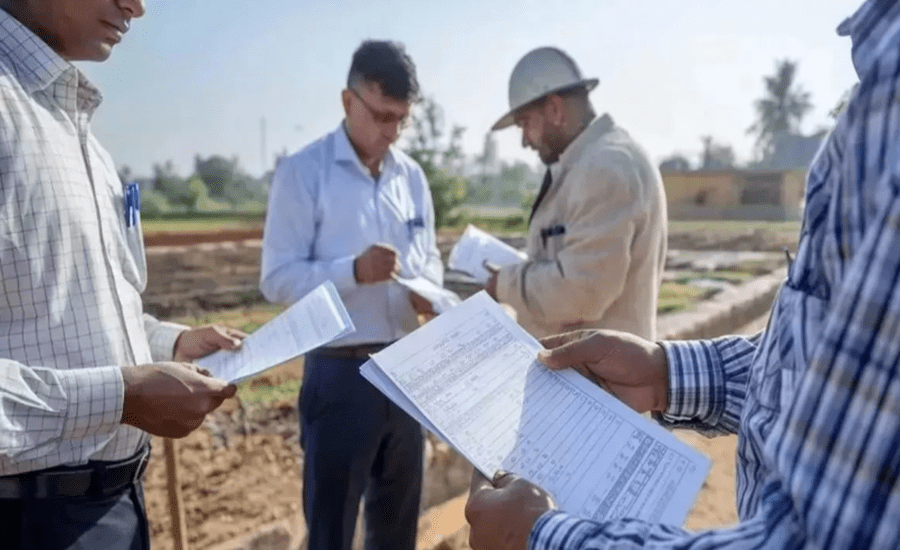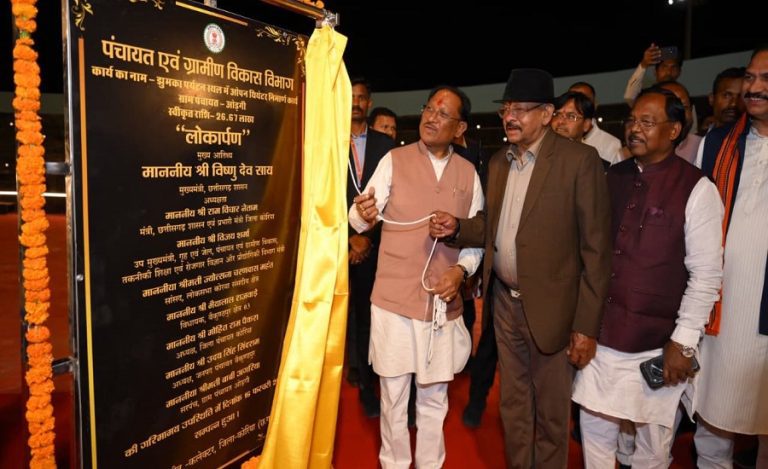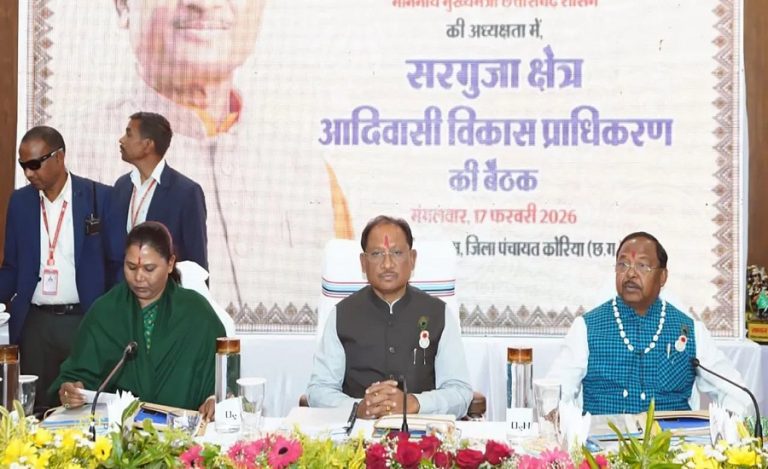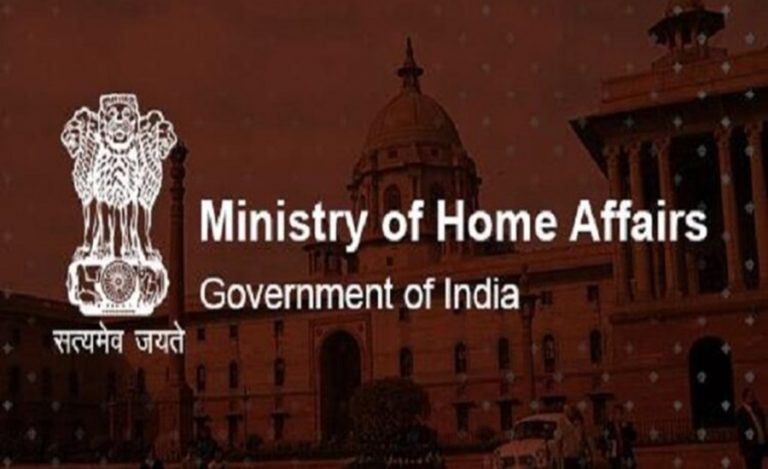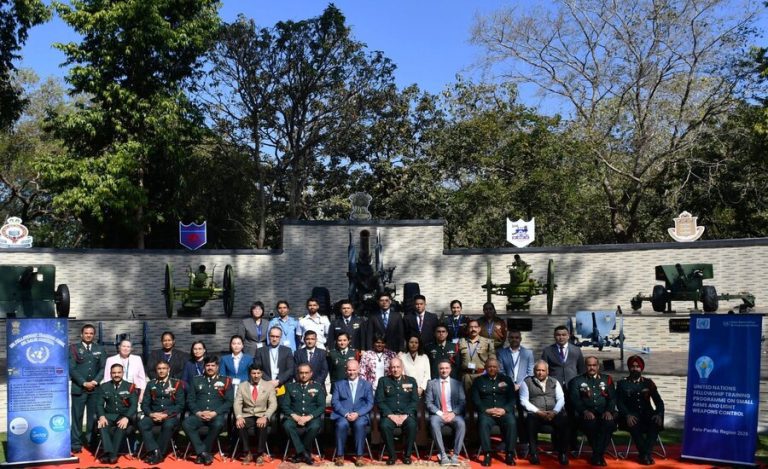In a major administrative reform in Bihar aimed at strengthening urban infrastructure and environmental management, the Urban Development and Housing Department in Muzaffarpur has amended its land acquisition policy. This move is expected to streamline land availability for critical public projects, particularly in districts where acquiring land had become a persistent hurdle.
The department has now declared that any land required for its schemes will be acquired under the Land Acquisition Act, ensuring fair compensation and faster implementation.
From Lease Issues to Acquisition: Removing Roadblocks to Urban Development
Previously, the department faced challenges in acquiring land due to the Minimum Value Rate (MVR) being significantly lower than prevailing market prices. As a result, tenants were reluctant to lease land, even when leasing options were explored after the failure of direct land purchases.
Recognizing the bottleneck, the department has now made it mandatory to use provisions of the Land Acquisition Act, wherein compensation is pegged closer to market rates. Urban landowners will receive double the MVR, while rural landowners will be compensated at four times the MVR, offering significant relief to farmers and landholders.
This directive was issued officially by the Secretary of the Urban Development and Housing Department, who has instructed all district-level officers to ensure timely compliance.
Major Urban Projects Set to Benefit from Policy Shift
The new acquisition rules will directly benefit several flagship urban infrastructure initiatives across the state. These include:
- Solid and liquid waste management systems
- Construction of drains, roads, and administrative buildings
- Development of Samrat Ashok Bhavan and Mokshadham crematoriums
- Establishment of sewage treatment and compost plants
These projects aim to build environmentally sustainable cities, provide clean urban living conditions, and promote smart governance infrastructure in both urban and semi-urban areas.
NGT Penalty Spurs Urgent Action on Waste Management
The urgency of these reforms became clear after the National Green Tribunal (NGT) imposed a Rs. 4,000 crore penalty on the department due to delays in implementing solid and liquid waste management systems.
The department is currently focusing on door-to-door garbage collection, segregation at source, and scientific processing of waste. The goal is to create garbage-free cities as per national directives under the Smart Cities Mission 2.0.
Smart Cities 2.0: Rautaniya to House Modern Waste Processing Facility
A significant step forward is the construction of a modern waste processing plant in Rautaniya, which falls under the Smart Cities 2.0 project, approved by the central government. The project is expected to be completed by the 2026 financial year.
Built on government-owned land, this plant will feature automated systems to separate plastic, paper, and organic waste, with composting units aimed at producing eco-friendly fertilizers.
A garbage dumping yard and disposal center will also be developed alongside the plant to manage the city’s long-term waste processing requirements efficiently.
Also Read: Bihar Achieves 100% Shift to Improved Maize Seeds, Boosts Production by 300%

